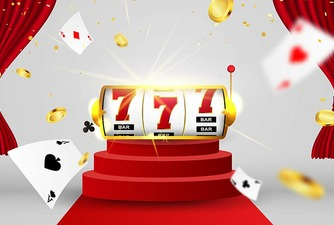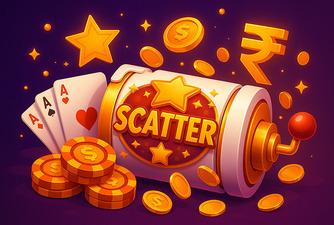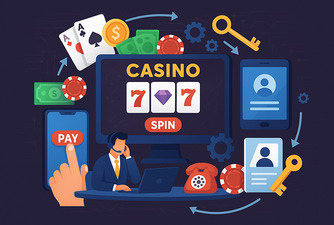Regulation of the Casino Sphere in the EU: Key Features
In the European Union, there are no unified laws regarding gambling. As a result, 28 markets have been formed here, that is, each of the EU countries has its legal norms and an amusement sector.
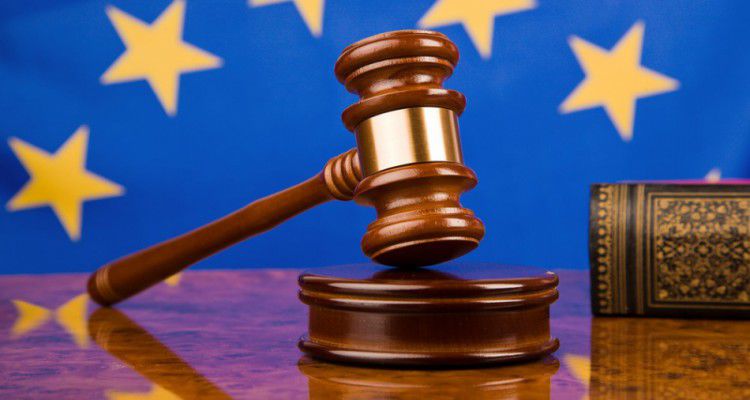
Learn more on the matter and open a successful iGaming business in the promising destinations of the world with Rosloto.
Acts That Regulate Gambling in the EU
Most jurisdictions have established a single nationwide regime for casino entertainment throughout the whole zone. But there are also such regions where legislative acts are adopted by local authorities that have the right to resolve gambling issues related separately.
| Each federation has its rules and laws on the regulation of games for money at the national level. These conditions apply to lotteries, poker, and casinos (with roulette and card entertainment). The exceptions are slot machines and sportsbook locations | |
| Spain | It consists of 17 regions, and each of them has its legislation. But they are all subject to national law |
| It has established the regulation of casino activities, entrusting this issue to the local regulator | |
| Here, a federal interstate agreement on the regulation of the amusement sector has been adopted. As a result, each of the lands draws up its laws that meet the requirements prescribed in this document. Some issues can be resolved independently by the region within the framework of the federation |
The European Union does not have unified standards and laws on the casino business. It has not put forward any requirements regarding the number or content of such normative acts. In some jurisdictions, there are several of them, and they relate to different types of gambling entertainment, and in others, one law can cover all areas.
For example, a single statute was adopted in Romania, the Netherlands, Poland, and the UK. In Italy, each type of entertainment is regulated differently, and Lithuania has approved 2 laws: for lotteries and casinos.
How Legal Norms Are Formed in the EU Niche
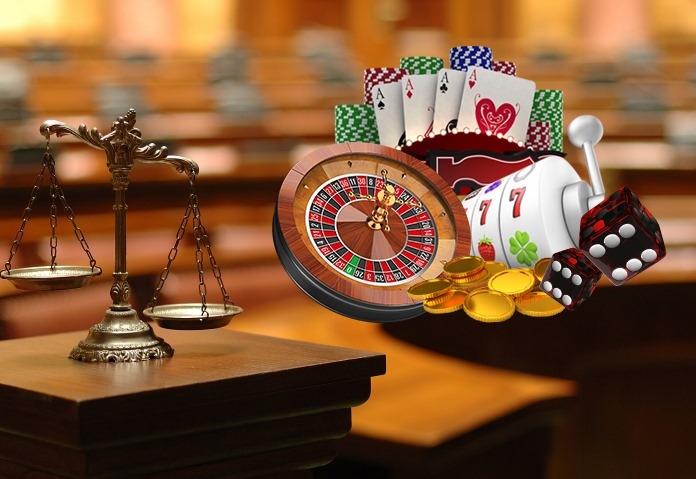
The regulation scheme in the region is characterised by constantly updated laws (it happened several times over the past 10 years), and this trend remains in place. Many countries have not even come to the final version of their legislative framework. For example, in Ireland, the authorities say they are going to make fundamental changes in the near future.
Why did such a situation arise? There are several reasons for it:
- Old laws have not been adapted to new varieties of gambling entertainment that have appeared as a result of the introduction and development of innovative technologies. First of all, it is online casinos and a mobile format that are rapidly gaining popularity.
- Formerly established legislation did not allow the authorities to regulate the market, the structure of which has changed significantly due to the rapid growth of the iGaming niche, and the national industry began to lose money taken away by foreign casinos.
- Some EU states were once subjected to lawsuits by the European Commission, which concerned the obligations established by the founding treaties on the freedom to register firms and offer services. The organisation has declared that these countries are violating the treaty. At the moment, according to a court decision, the European Union has the right to provide gambling entertainment as a service, and its regions have opened their markets to foreign brands that are registered and operating in the same zone.
- Citizens of the EU have recognised casino products and now like them much more than before. The reason for this change of mood is related to the general development of European culture and the adoption of the rules of responsible gambling by many operators.
Experts believe that the changes in the legislation were positive but it is still early to consider them effective. Analysts say that iGaming services are offered illegally in many regions of the European Union. The reason for it is the imperfect tax legislation, and the market’s future depends on it.
In any country, gambling is directly related to the economic conditions of the niche, the situation in the state, and tax policy, so the effectiveness of such a business can only be assessed based on these factors.
Due to the crudity of the tax system in many European jurisdictions, the regulation of the casino industry in the 2000s was carried out very liberally. But then heavy taxes were imposed.
As a result, the national gambling business began to reduce, and users left to play on foreign platforms, thereby bringing income to the public treasuries of other regions. It became clear that it was time to mitigate the taxation.
Gambling in the EU: Key Features
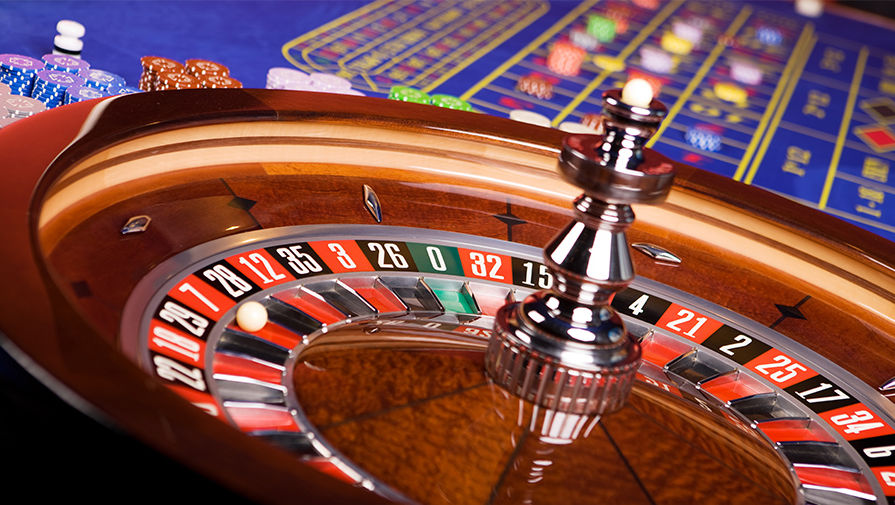
Regulation of projects of this type directly depends on how the law defines amusement and its forms that can officially function in the country. The provision of such services can be carried out in both land-based and online formats.
Although the EU does not have specific casino legislation, the authorities have adopted a separate directive that mentions “gambling services”. This is a document aimed at combating money laundering.
According to the directive, the term involves the placement of a bet (deposition of funds) in games based on chance (RNG) or skill. The general list includes casino solutions, lotteries, poker, and wagers in bookmakers’ offices (offline or via the Internet).
In previous documents, there were also similar interpretations of the term.
What Is the Definition of the Game of Chance
In the former territories of the Soviet Union, gambling was traditionally understood as entertainment for money or some kind of prize when wins depended on luck and not the skills of users. That is, it was a game of chance. This term has been popular in neighbouring regions as well.
As for countries of the post-Soviet space, here, as you know, the word “gambling” is a synonym for the noun “excitement” — an emotional mental state, which is far from risk and chance as such.
The EU considers gambling as a process during which people can win a prize and where everything depends on chance, on what can happen regardless of the knowledge and skills of users.
One way or another, all formulations have one integral component — the deposition of funds, and without this, the game of chance will not be possible. That is, playing just for fun does not count.
It is worth noting that some types of actions of an economic nature may also contain characteristics similar to those found in casino entertainment. But it is impossible to explain them using the same term. To prevent such activity from falling under gambling laws, certain rules are adopted that remove it from the area of influence of this legislation.
We are talking about several types of health and life insurance, some government loans and borrowings, charity lotteries, promotional draws, etc.
Games of Skills
As we have mentioned above, there are various versions of gambling. Their definition and unique features should be taken seriously by the regulatory authorities and market participants since in this case, all nuances are of global importance, and shortcomings may lead to disputes and even conflicts. And if that happens, 3 parties (players, the state, and operators) will be forced to defend themselves.
As for the games of skills, their qualifications are often interpreted in different ways, and, in terms of the law, such solutions cannot be considered amusement products.
Recall that in the classical sense of this definition, winnings do not depend on the skills of players but on pure luck. However, in some cases, this aspect may still make a difference, and that is what they call the games of skills. This category includes bets on sports events and some types of card entertainment (mostly poker).
Poker — Game of Chance or Skills?
For a long time, there have been disputes in different countries around the definition of poker. Thus, 15 years ago in Germany, a court hearing took place, at which it was recognised as a game of chance. As a result, only national gambling establishments could offer poker, and as for the internet space, it was banned there.
The same Munster court introduced taxes on winnings for poker players, which put market participants in an awkward position. While the entertainment was considered the content of chance, it was subject to income tax but it was supposed to be true only for games of skill. To this day, poker has the same status, and that is why it can never be played online in Germany.
In the US, entertainment also became a controversial issue when, in 2012, a court in New York took the side of the defendant, calling poker a game of skills. This made it possible for the person to avoid punishment for performing activities related to the amusement sector.
The court said that poker is a game where skills increase the chances of winning money and affect the outcome of each round. The ruling also stated that poker players operate with numbers, using the features of human psychology. They are very observant and can mislead opponents due to their abilities. Back then, many operators and gamblers expressed their hope that poker would be legalised.
However, this did not happen, and 2 years later the decision of the Supreme Court of the United States banned the entertainment. The regulator did not consider it necessary to delve into the nuances of the game, referred to the laws of the state of New York, and reversed the earlier decision all with a wave of its hand.
It is worth noting that the definitions of many games have been debated since ancient times. In the Middle Ages, Europeans were very fond of playing chess for money, so the authorities and the church banned this intellectual pastime. In particular, the game was banned among the clergy by Cardinal Damiani: he called it indecent and invented by Satan. The bishop of Florence was even defrocked, although he assured that chess requires special skills.
Taxation in the Niche
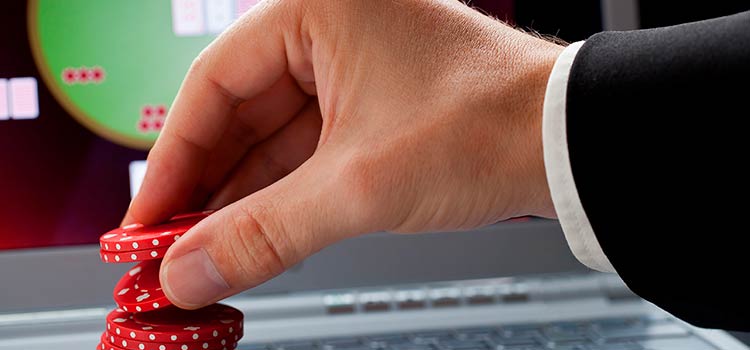
The development of a casino business depends on the taxation system; in the case of a reasonable approach to this issue, it can be legalised. Thanks to this, healthy competition is established in the market, and conditions for the further growth of the industry appear. When there is a favourable atmosphere in the sector, taxes begin to flow into the budget, while severe bans lead to the loss of a huge amount of money.
Sometimes the authorities think about what tax it is better to impose on gambling, choosing between a levy on turnover and profits.
Taking into account the specifics of the business, such types of taxes were set:
- Total income and value-added tax. This is the same levy as for other types of activity.
- Special tax where a percentage is charged on net profit or a turnover tax on the size of bets.
- Combined tax, which implies the establishment of general rules for the casino project and special conditions.
In the EU countries, there is a special taxation: a turnover duty on the volume of bids and a percentage of the gross margin. The first type is the calculation of tax on money deposited by gamblers: it does not depend on whether the participants won or not.
If the levy is calculated from gross income, then this is the difference between the monetary value of all bets placed and the amount that operators paid out to their clients. Entrepreneurs must sum up these figures for one reporting period before they deduct the rest of the expenses.
It is this type of duty that is considered the most popular and acceptable for Europe since the turnover tax does not fully meet the specifics of certain types of businesses.
It is suitable for casino solutions, lotteries, or sweepstakes since the operator’s rate in this activity remains unchanged. There is a random number generator here, the probability of winning does not change, and it depends on how many visitors came to the establishment and how much they spent on bets.
The same cannot be said about the work of bookmakers since they receive an unstable percentage of profit from the total turnover. For sportsbook projects, a low margin is set (from 5 to 7%), and in lotteries, it is up to 60%.
In betting shops, the volume of players' wagers does not coincide with the funds received by the company because gamblers have the right to re-use the money won without withdrawing it. It means that the size of the bets in this case will be much bigger than the one that was transferred to the operator's account.
A striking example is the establishment of a turnover tax in France where in 2010, the betting business was legalised and the rates were set too high. As a result, licensed bookmakers lost profits and began to close their enterprises, unlike illegal operators and those who obtained permits in offshore zones. The expected amount of money never came to the public treasury, and the French government was forced to admit its mistake.
A similar situation took place in Bulgaria, where a 15% turnover tax was applied to amusement services, which turned out to be unbearable for enterprises, and they closed or moved their businesses to other countries. After that, the regulator imposed a levy on the volume of bets instead, and a 20% tax on gross income.
Experts believe that the best options are a 15% levy on the turnover of bets on the lottery business, slot machines, or casinos, and for low-margin bookmakers — no more than 4–5%. The most successful countries in matters of taxation are Malta, the British Kingdom, Cyprus, and Latvia.
The Main Things about Gambling Laws in the EU
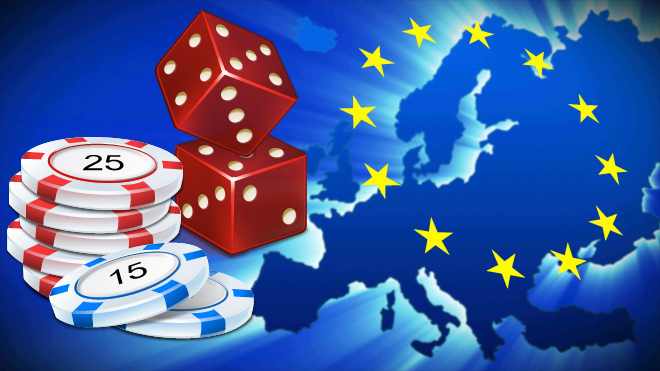
Having legalised casino entertainment, European countries received an opportunity to replenish budgets and develop their economy. By banning the niche, they just stop the industry from being regulated and lose money.
However, the decision to make casinos legal protects society from the risks associated with such establishments. By having a different opinion, the government encourages the flourishing of corruption and contributes to the emergence of the “grey” market and the increase in crime.
Bans on casino products harm tourism, sports, and other areas of the economy. If players are under pressure, they simply visit foreign iGaming platforms and invest in them. Then, an outflow of finances from the country is inevitable.
To learn more about the regulation of the niche, please turn to the experts of Rosloto. We will help you implement a project of any complexity level and provide you with the most in-demand solutions in the market.
From us, it is possible to order such services as:
- turnkey development of a gaming site;
- creation of exclusive HTML5 products;
- drafting a business plan, and much more.
For all questions, please contact our managers.
Check the information used to contact us carefully. It is necessary for your safety.
Fraudsters can use contacts that look like ours to scam customers. Therefore, we ask you to enter only the addresses that are indicated on our official website.
Be careful! Our team is not responsible for the activities of persons using similar contact details.







